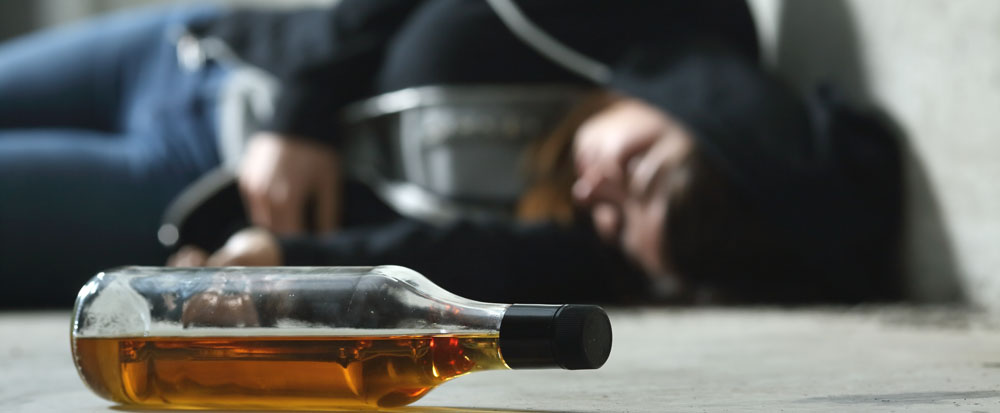Drug-Related Heart Attack
Heart attacks are one of the deadliest symptoms of drug abuse. Many substances, especially amphetamines, opioids and neurotransmitter-affecting drugs, affect your heart in the same way they do your brain. A heart attack occurs when the blood flow that keeps your heart pumping oxygen suddenly stops, leading to a dangerous cessation of the movement of the heart muscles. Cardiac infarction, myocardial infarction, and coronary thrombosis are other terms linked to heart attacks. Drug abuse can also lead to high blood pressure, irregular heartbeat, and increased heart rate, which can also cause trauma to the heart and, respectively, a heart attack.
Those who abuse hard substances like LSD, amphetamines, crystal meth, cocaine, ketamine, and mephedrone are more likely to suffer a heart attack. These drugs put a strain on your heart, which can often lead to heart disease, heart failure, and possibly even death. Research shows that cocaine users are at a greater risk of suffering cardiovascular abnormalities because they have thicker heart muscle walls, stiffer arteries, and higher blood pressure than non-users.

What Are the Warning Signs of a Heart Attack?
It’s common to find people who think that when a heart attack occurs, your heart fails and you immediately become unconscious. This is not true, a heart attack won’t necessarily leave you unconscious when it happens, but, if left untreated, cardiac arrest often follows. This is when the heart stops beating and unconsciousness quickly follows. If you’re a drug addict, you should be on the lookout for any of the following symptoms of a heart attack:
- Chest pain that occurs all of a sudden and doesn’t stop
- Feeling short of breath, sweaty, light-headed, and sick
- Discomfort or pain in the upper parts of the body, like the jaw, neck, arms or stomach
Call our admissions line 24 hours a day to get help.
Warning signs that can be used as an alarming symptom at a much earlier point are consistent fatigue and nausea, and a sudden inability to do physical exercise in the same way as before.
If you notice any of these in yourself or a loved one, regardless of their drug use, it is best to visit a cardiologist or at least consult with your GP. If you have a family history of cardiovascular conditions, you need to be even more careful.
When Should You Seek Medical Help?
A heart attack is a critical medical emergency, you must go to the hospital immediately if you experience any of the warning signs. The doctor attending to you will review your medical history and carry out a physical exam before making a heart attack diagnosis. If you are diagnosed as having a heart attack, you may undergo various kinds of tests and treatments. The more seriously affected muscles can ask for cardiac catheterization, angioplasty, pacemaker, stent, heart valve surgery, heart bypass surgery, or heart transplant.
You will only need a heart transplant when the heart attack has permanently damaged the heart tissue. When you first report to the hospital, it’s likely that you’ll first be administered treatment to keep you stable, then be transferred to a heart specialist (cardiologist).
To treat your heart attack, your doctor may also prescribe medications like aspirin, anticoagulants and antiplatelet, nitro-glycerine, drugs to break up clots, blood pressure medication, and painkillers.
It is vital that you confide your drug abuse problems to the emergency team and the person who is your emergency contact. This way they will know if any of the substances you use counteract a medication. As a drug addict, it’s advisable to go for a regular cardiovascular check-up, because every time you use drugs, you may be accumulating heart damage but still not suffering any of the ill effects.
Call our admissions line 24 hours a day to get help.

